Found total of 81 items and showing 12 items on page 5 of 7
Want to use mobile apps in your research?


Come along to the Research IT club on the 4th of April to find out more about our new mobile application development service. If you want to use mobile apps in your research or are interested in having an app developed as part of a research grant application, then this is the Research IT Club for you!
Fantastic Voyages in a Virtual World
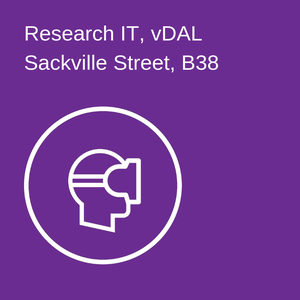

Data visualization, virtual reality (VR) and mixed/augmented reality (MR/AR) technologies offer exciting opportunities for researchers to explore and understand their research data. Prominent in the news and rapidly evolving, the technology is finally having a massive impact. Research IT has identified this as a largely untapped potential within the research environment and is now formally announcing vDAL - The Visualization And Data Analysis Laboratory.
Fortran Modernization Workshop April 2019
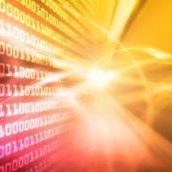

This Spring Research IT are hosting NAG who are running a two day practical hands-on workshop on Fortran Modernization on the 4th and 5th of April 2019.
Focus on Digital Health and Digital Humanities
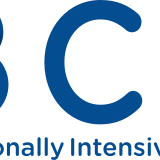

Many University of Manchester researchers were users of N8 HPC and the computational resource, Polaris. Polaris was switched off at the end of July and N8 HPC has now been relaunched as N8 Centre of Excellence for Computationally Intensive Research (N8 CIR).
UoM R Users Group Meeting
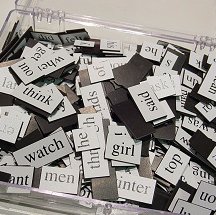

Join fellow R users at the next meeting of the University of Manchester R user group on Wednesday 28th November from 12:00 -13:00 at University Place room no 3.205. Come along, bring your lunch, and meet R users from across the university.
Creating an Interactive Data Visualisation Tool for Click Data


As part of the Data Science Research Partnership between BBC R&D and the University of Manchester, one of our research software engineers (RSE), Josh Woodcock, spent 3 months working with BBC R&D to develop a way to visualise click data from an internal trial of the Cook-Along Kitchen Experience (CAKE). Involved in the project were Jonathan Carlton (PhD student with BBC R&D and University of Manchester), Andy Brown (BBC R&D), John Keane and Caroline Jay (University of Manchester).
Manchester Language Documentation Technology Heads to Russia
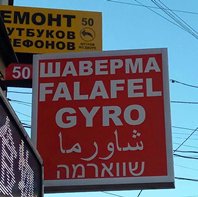

Thanks to a collaboration between the Multilingual Manchester research unit and the University’s Research IT group, students and citizens in Saint Petersburg will now have access to a Russian version of LinguaSnapp - The University of Manchester’s mobile app for documenting language landscapes.
Learn Basic Research Computing Skills
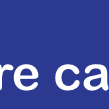

Research IT staff will be teaching and assisting on a Software Carpentry Workshop in May which aims to help researchers get their work done in less time and with less pain by teaching them basic research computing skills. The workshop is free to post-graduate students and employees of the University of Manchester.
Specialised CDT Training Events
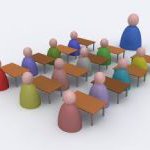

Earlier this month, Research IT provided training for the University's Regenerative Medicine Centre for Doctoral Training. The training was arranged by the Software Sustainability Institute, and was a two day Software Carpentry workshop. The instructors were Mike Jackson from EPCC at the University of Edinburgh and David Mawdsley from Research IT.
Technology makes light work of hard decisions
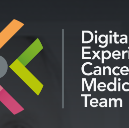

One of our research software engineers (RSE), Rob Dunne, has been embedded in a team working to facilitate decision-making for cancer patients who may benefit from experimental treatments in early clinical trials.
R and HPC
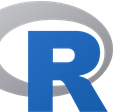

Two of our Research IT experts gave a presentation at the recent “R at University of Manchester” (R.U.M.), an R User group open to all staff and students using R at The University of Manchester with regular meetings on the first Monday of each month.


